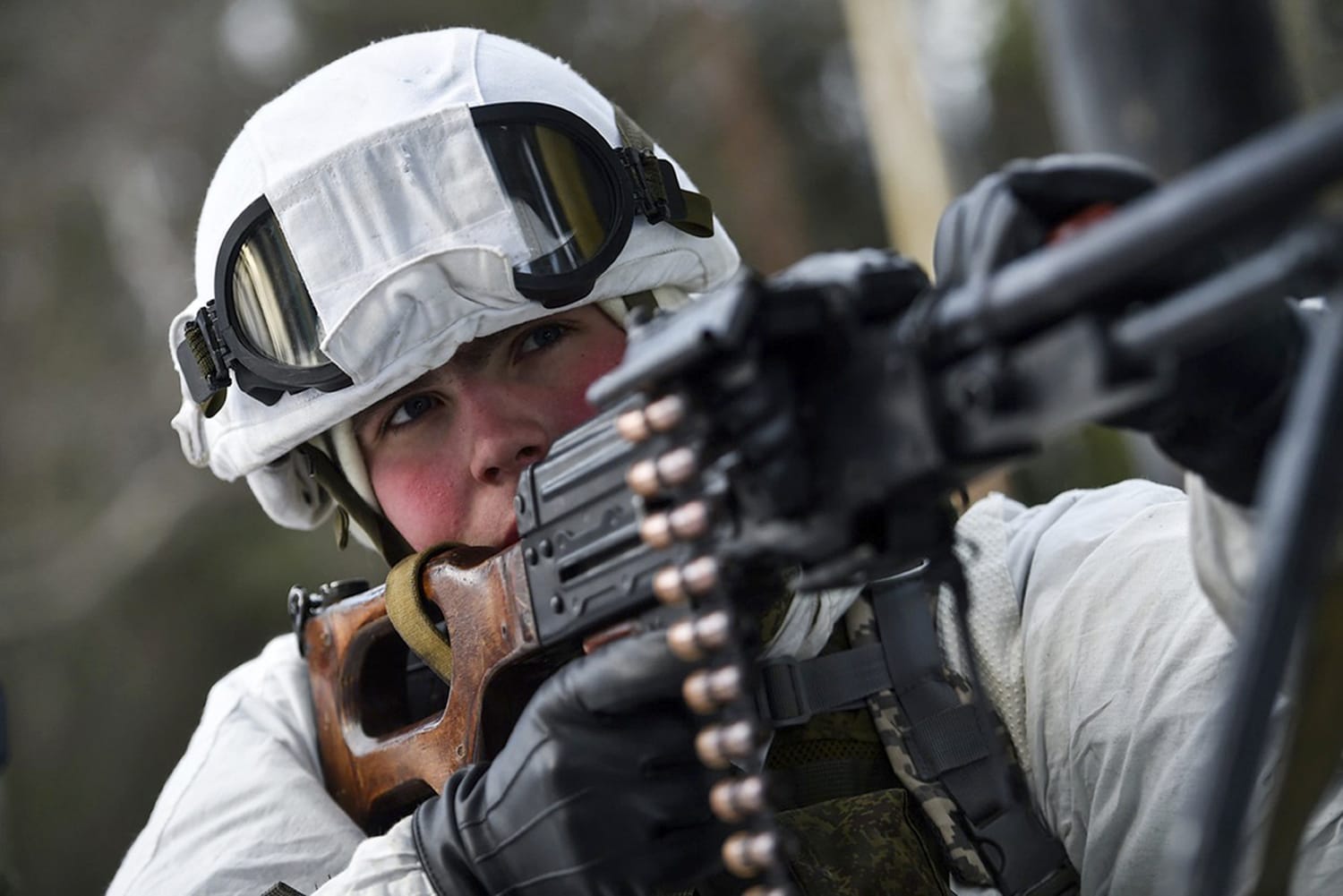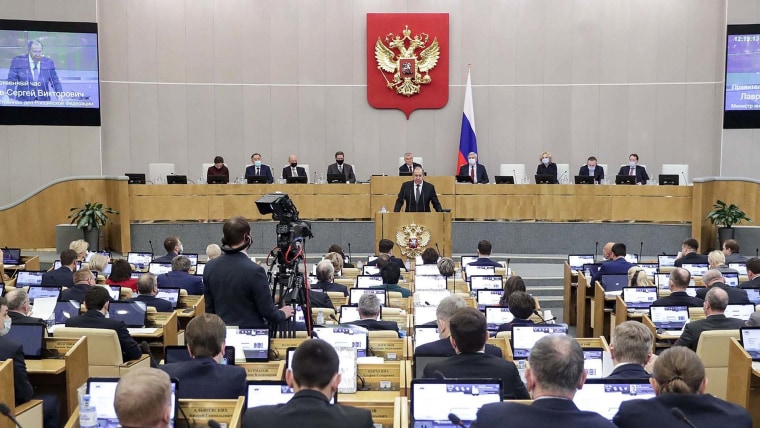The United States said it had offered a “diplomatic path forward” in the standoff with Russia over Ukraine. On Thursday, it was waiting to see if the Kremlin agreed.
With the ball now back in Moscow’s court, the West was given little immediate sign that Russian President Vladimir Putin would seek to de-escalate tensions and allay fears of a deadly new conflict in Europe.
In its first official reactions, Moscow warned it was pessimistic but indicated it would take its time to study the written responses from the U.S. and NATO before deciding how to move forward.
Kremlin spokesperson Dmitry Peskov said there were “not so many reasons for optimism” but declined to give any further “conceptual” assessments of the Western response to Russia’s demands, according to Interfax news agency.
“We will read it. Study it,” Deputy Foreign Minister Alexander Grushko told Interfax on Wednesday, adding that the U.S. and NATO took a month and half to study the Russian proposals.
In a series of bold security demands last month, the Kremlin asked that NATO deny membership to Ukraine and other ex-Soviet countries and roll back its military deployments in Central and Eastern Europe. The demands were made as Moscow massed forces near its neighbor’s borders and warned of “retaliatory measures” should there be “no constructive response” from the U.S. and its allies. Russia has denied planning any attack.
After Washington delivered its written response on Wednesday, Secretary of State Antony Blinken said there was “no change” in the Biden administration’s position that NATO maintains its open-door policy for countries to join the trans-Atlantic alliance. He did not offer specifics about the response, which he said won’t be released publicly.
NATO also conveyed its written proposals to Russia, NATO Secretary General Jens Stoltenberg said late Wednesday.
Stoltenberg called on Russia to “immediately de-escalate the situation,” but said the alliance was prepared to listen to Russia’s concerns and engage in “a real conversation” on how to uphold and strengthen the fundamental principles of European security.
Former Russian president Dmitry Medvedev took a softer line as he also weighed in on Thursday, saying Russia and the U.S. must engage in diplomacy to avoid war.
Medvedev, a trusted ally of Putin who served as president from 2008-2012, told state news agency Ria that the idea of a direct confrontation between Russia and NATO over Ukraine would be a “catastrophic scenario.”
“I just hope it never happens,” he added.
Meanwhile, Russia continued to enlarge its military presence near its borders with Ukraine, intelligence and defense officials told NBC News.
The officials said there are now 62 Russian battalion tactical groups in the area, up from 59 at this time last week — with several more on the way. This does not include the Russian forces that have been gathering in Belarus. Moscow and Minsk, a close ally of Russia, say the troop movement is for joint drills next month, but the buildup along another of Ukraine’s borders puts more forces in a position to join a potential military action, the officials said.
Intelligence officials have consistently said they don’t know whether Putin has made up his mind to invade Ukraine, but they have continued to assess an increasing probability of invasion as the crisis has continued to unfold without a diplomatic resolution.
Courtney Kube and Ken Dilanian contributed.
Source: | This article originally belongs to Nbcnews.com










